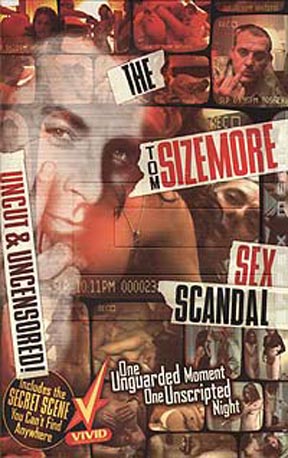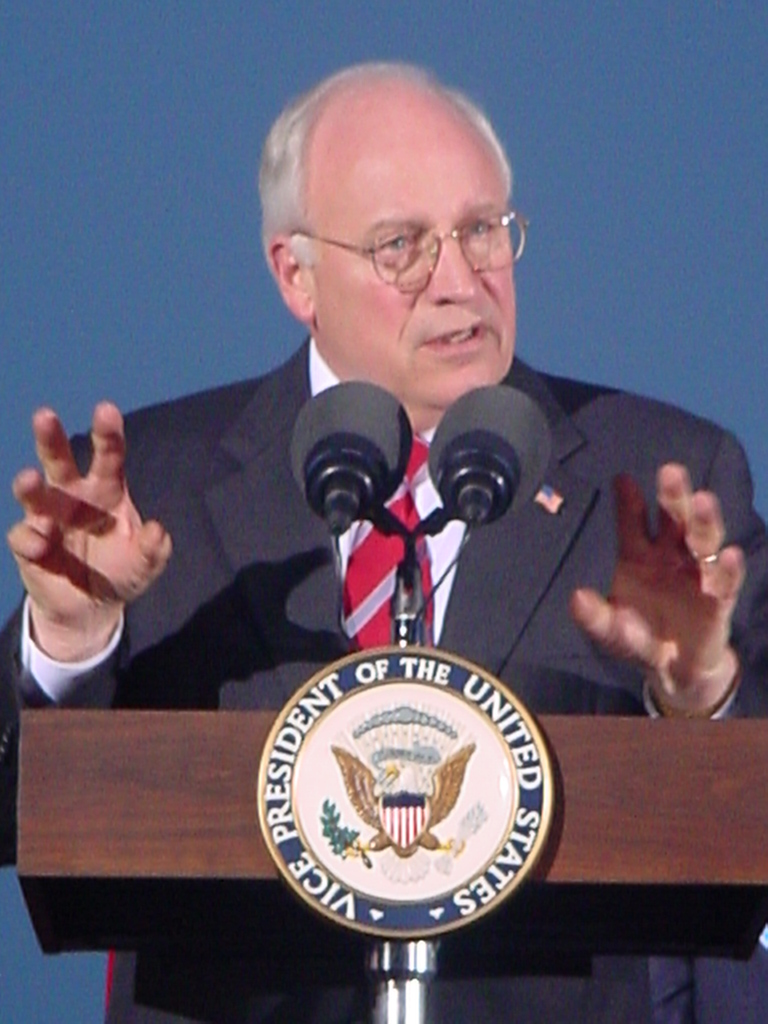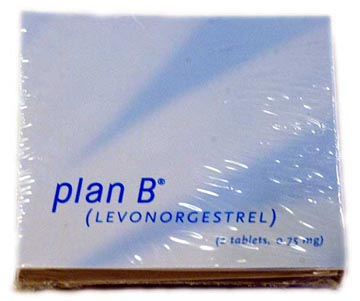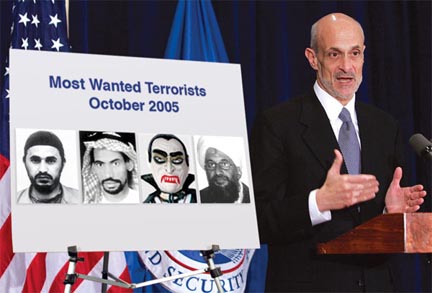http://www.dailystar.com Although it is safe, effective and legal, emergency contraception – the "morning after" pill – can be hard to find in Tucson.
After a sexual assault one recent weekend, a young Tucson woman spent three frantic days trying to obtain the drug to prevent a pregnancy, knowing that each passing day lowered the chance the drug would work.
While calling dozens of Tucson pharmacies trying to fill a prescription for emergency contraception, she found that most did not stock the drug.
When she finally did find a pharmacy with it, she said she was told the pharmacist on duty would not dispense it because of religious and moral objections.
"I was so shocked," said the 20-year-old woman, who, as a victim of sexual assault, is not being named by the Star. "I just did not understand how they could legally refuse to do this."
But many stores are. A 2004 survey of more than 900 Arizona pharmacies found less than half keep emergency contraception drugs in stock, with most saying there is too little demand, but some cite moral reasons, according to the Arizona Family Planning Council.
Yet, family-planning agencies say they’ve seen a 60 percent increase in demand for the drug in recent years. The statistics are creating what advocates say is a frightening situation for some women. But others are glad pharmacists have a choice.
Women who report sexual assaults to police receive treatment, examination and the immediate offer of emergency contraception at a local emergency room, according to the policy of most Tucson hospitals.
But, like many sexual assault victims, the 20-year-old woman did not report the assault because she felt traumatized and guilty she had put herself in a situation that left her vulnerable. She was mistakenly locked outside a gathering at a friend’s house and accepted the offer of a neighbor to stay at his place.
"This (sex) was with someone I did not even know and did not want to have intercourse with, and I am in no place now to have children," she said. "I just don’t think this should be the pharmacist’s decision."
The manager of the Fry’s pharmacy at 3920 E. Grant Road, where the refusal occurred, offered to find another location where the prescription could be filled, according to a Fry’s spokeswoman. But the young woman said she was offered no other options.
Although emergency contraception drugs have been around in one form or another for more than two decades, they remain highly controversial, with anti-abortionists and religious conservatives saying they can abort a fertilized egg.
To be taken within three to five days of unprotected intercourse, emergency contraception – also known as "Plan B" – prevents pregnancy by stopping ovulation, fertilization or implantation of a fertilized egg. The sooner the emergency contraception is taken after intercourse, the more effective it is.
More widespread use of emergency contraception could prevent as many as 800,000 surgical abortions a year, according to family-planning groups such as Planned Parenthood.
Controversy over emergency contraception is roiling now at the national level, with FDA scientists resigning over the agency’s refusal to allow emergency contraception to be sold over the counter, without a prescription.
The issue surfaced in Arizona last winter, when Gov. Janet Napolitano vetoed a bill that would have permitted pharmacists to refuse to dispense it on moral or religious grounds.
But her veto was essentially meaningless, as most of the drugstore chains that dominate Tucson already allow that as a matter of corporate policy. Most also require that the customer be immediately referred to another pharmacist or drugstore willing to fill the prescription.
"The idea is, if our pharmacist won’t dispense it, the patient will know where to go to get it," said Michael Polzin, a national Walgreens spokesman.
That same policy is in effect at all Fry’s Food Store pharmacies, said Fry’s spokeswoman Kendra Doyel.
On the night three weeks ago when an on-duty Fry’s pharmacist refused to fill the emergency contraception prescription, the pharmacy manager offered to find another pharmacy that would, according to Doyel.
"He felt he was making every attempt to help her get what she needed. A pharmacist would never just say ‘you’re out of luck,’ " said Doyel, who would not allow any of the Fry’s employees involved in the incident to be interviewed.
But a friend with the sexual assault victim that night strongly disputed that account.
"He (the manager) said he would fill it himself if we could get there before his shift ended, within 10 minutes," said Sabrina Fladness, a University of Arizona student and owner of a computer service business.
"But we were more than 10 minutes away, so that was impossible. So he said we would have to come back the next morning" – after the shift of the refusing pharmacist ended.
"He made no provision for getting it that night," she said.
The two also attempted to obtain the drug at a Planned Parenthood clinic, but could not afford the $70 cost and apparently were not informed that Planned Parenthood will work out payment on a sliding scale fee.
"We have all kinds of compassion for a rape victim – in that case, Plan B is OK, the church has no problem with it," said Ron Johnson, with the Arizona Catholic Conference, which supports the right of any health-care worker to refuse to dispense emergency contraception and lobbied hard for passage of the Arizona law to allow it.
But the biggest roadblock to obtaining emergency contraception was that most pharmacies simply do not stock it, Fladness said. She said she called nearly 50, before finding two that had it and agreed to dispense it.
The Fry’s spokeswoman could not immediately say how many of its stores had emergency contraception in stock. Polzin, the national Walgreens spokesman, said only one of the 50 Walgreens in the Tucson area did not have the drug on the shelves last week.
But that somewhat contradicts the formal Arizona Family Planning Council survey that found only 43 percent of Arizona pharmacies keep it in stock, with most that don’t – nearly 60 percent – citing lack of demand as the reason. Another 10 percent cited moral reasons.
At the same time, officials at Planned Parenthood say they have seen a dramatic rise in demand for emergency contraception in recent years – filling more than 5,000 prescriptions for it this year, compared with 3,000 last year.









